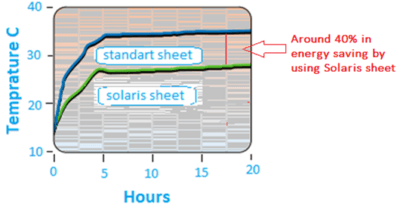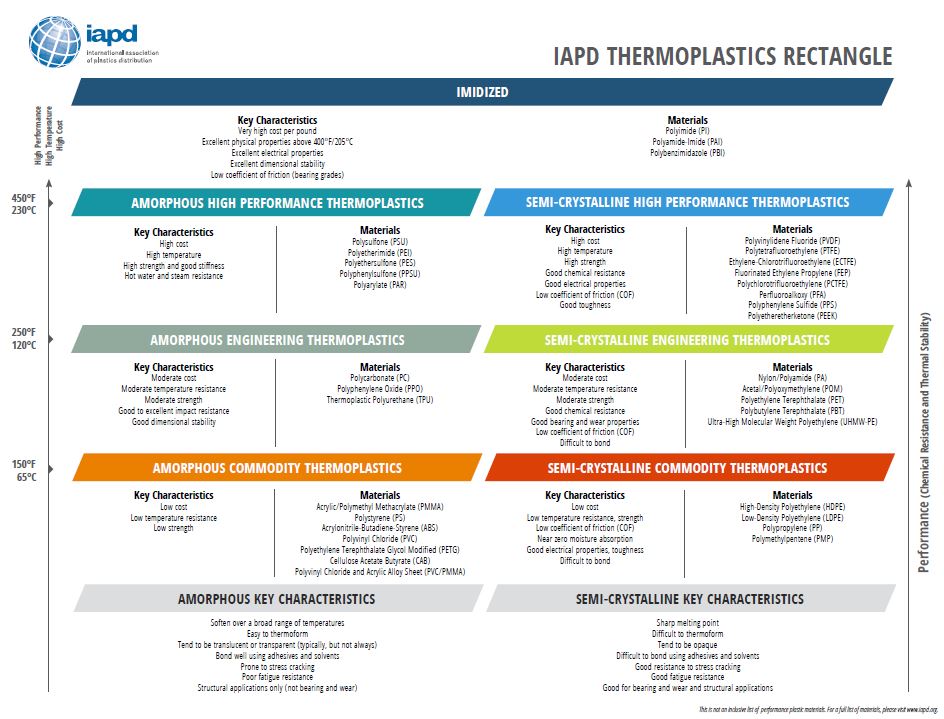The key differences between these types of acrylic stem from the method used in manufacturing. Extruded acrylic is made by extruding acrylic polymer over long production runs, whereas cast acrylic is made by casting the acrylic resin into a mold. Therefore cast acrylic is less uniform in thickness than extruded acrylic, however it displays greater thermal stability and can be reworked hot. It also has better impact resistance than extruded acrylic, and is less prone to developing cracks when exposed to solvents.
Extruded acrylic sheeting is a more economical option than cast acrylic, and has more advantages when it comes to vacuum forming making it a great general purpose sheeting. However it has limitations in its ability to be machined and fabricated.
Extruded acrylic sheet has reduced mechanical properties, however it does give process advantages when heating, bending and vacuum forming, and has a better thickness tolerance than cast acrylic sheet. Extruded sheets are ideal for general glazing applications and the much lower viscosity when hot, makes it more ductile than Cast Acrylic.
Cast Acrylic sheets offer greater thermal stability and better resistance to crazing when exposed to solvents. The thermoforming range for cast sheets is wider. They can be reworked hot, which is not always possible with extruded sheets. The surface finish, flatness and optical properties of Cast Acrylic are all superior to those of Extruded Acrylic sheets.


 So you can save up to 40% energy!
So you can save up to 40% energy! 